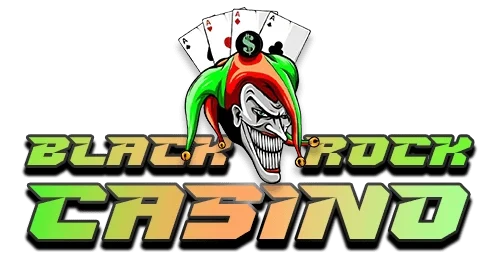The PlayStation brand has always been associated with quality, innovation, and groundbreaking experiences. Since its introduction in the 1990s, it has consistently produced titles that critics and fans alike place among the best games of all time. PlayStation games are more than just products—they slot are milestones that mark how far the industry has come and where it is going. Each console generation added new jewels to the crown, expanding a library that reflects the full spectrum of creativity in gaming.
The PlayStation 1 was the console that set everything in motion. Games like Final Fantasy VII and Metal Gear Solid demonstrated how cinematic storytelling could work in an interactive medium. The PlayStation 2 built on this foundation with unforgettable titles such as Grand Theft Auto: San Andreas and Shadow of the Colossus, both of which continue to influence developers today. These games set the tone for the brand’s identity: PlayStation games were not just fun—they were cultural events.
While consoles captured the spotlight, Sony’s PSP introduced a different kind of innovation. PSP games brought the richness of PlayStation to handhelds, offering experiences that were portable yet still ambitious. Titles like Crisis Core: Final Fantasy VII and Monster Hunter Freedom Unite gave handheld players stories and mechanics that rivaled console releases, while experimental titles like Patapon proved that creativity thrived in smaller formats. For many players, these PSP games were as important as any blockbuster console title in shaping their understanding of the best games.
Looking back, PlayStation’s legacy is one of continuous excellence. The best games across its history—whether on console or PSP—are united by their ambition to do more than entertain. They tell stories, create worlds, and build communities. It is this dedication to innovation and artistry that has made PlayStation not just a brand, but a symbol of gaming greatness.
